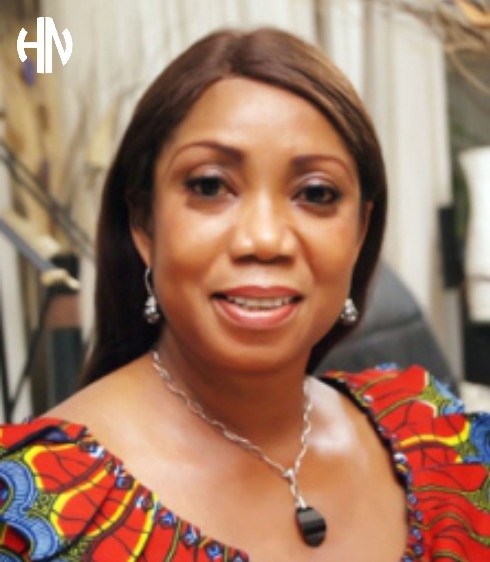A Meeting in Washington, Two Competing Stories
The recent meeting in Washington between Congressman Riley Moore and Nigeria’s high-level delegation set two incompatible narratives side by side.
On one side is Moore’s claim that Nigeria is guilty of “genocide against Christians” and should be punished with sanctions, CPC designation and even the threat of military action. On the other is the Federal Government – backed by the National Patriots Movement (NPM) – insisting that Nigeria faces a nationwide insecurity crisis driven by terrorists, bandits and criminal gangs, in which Christians, Muslims and others are all targets.
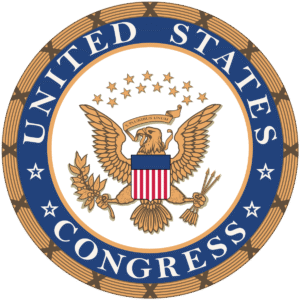
Nigerian officials laid out data showing a multi-actor, multi-region conflict: Boko Haram and ISWAP in the northeast, bandit gangs in the northwest, farmer–herder clashes in the Middle Belt, cult and criminal violence elsewhere. Schools, churches, mosques, markets, farms and highways have all been hit.
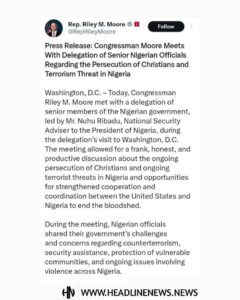
The NPM welcomes the dialogue, but is blunt: no investigation can claim credibility if it is led by someone who has already pronounced the verdict.
Fear Behind the Framing
Moore has publicly asserted that Nigeria is committing genocide against Christians and is now central to the process that will advise Donald Trump on designations and possible sanctions. That is not a neutral starting point.
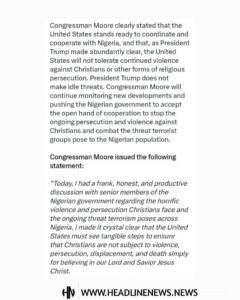
If Washington builds policy on a one-sided narrative, the result will be punishment, not solutions. The NPM warns this would reward actors whose agenda is to denigrate Nigeria and the Tinubu administration, using emotive but shaky statistics from advocacy groups rather than solid, state-level data. One example: some advocacy reports claim over 5,000 Christians killed in 2022–23 alone based on their own incident tallies, figures that are contested and not grounded in Nigeria’s official statistics architecture.
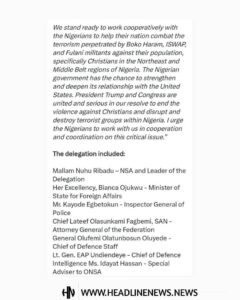
They argue that there is a National Bureau of Statistics (NBS) and several Nigerian institutions capable of providing more reliable figures on attacks, casualties and displacement. Instead, many U.S. briefings lean heavily on “research” from small outfits whose methodology is opaque and whose politics are not hidden. That is not a sound basis for branding a country genocidal.
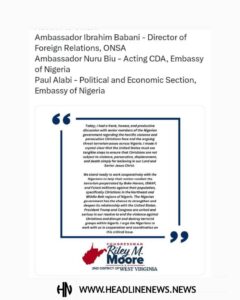
Genocide Has a Legal Meaning, Not Just Emotion
The 1948 Convention on the Prevention and Punishment of the Crime of Genocide defines genocide as certain acts – including killing – committed “with intent to destroy, in whole or in part, a national, ethnical, racial or religious group, as such.” It is that specific intent to destroy the group that turns mass killing into genocide, not simply the scale of violence, and international courts apply a very high standard of proof to that intent.
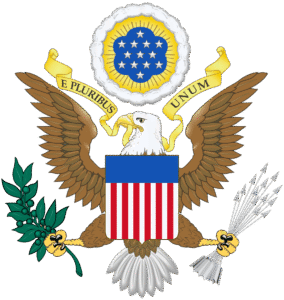
In practice, investigators look for a deliberate plan to annihilate a protected group, not just widespread killing in a chaotic conflict.
In Nigeria’s case, no authoritative international body – not the UN, not the African Union, not any court – has found the Nigerian state guilty of genocide against Christians. The Global Centre for the Responsibility to Protect, for example, classifies Nigeria as facing a “current crisis” with civilians at risk of atrocity crimes, but stops short of any genocide determination. On the contrary, the Chairperson of the African Union Commission has publicly rejected the “Christian genocide” narrative, stressing that what is happening in northern Nigeria is a complex insurgency and banditry crisis, and that Muslims were the earliest and most numerous victims of Boko Haram’s campaign.
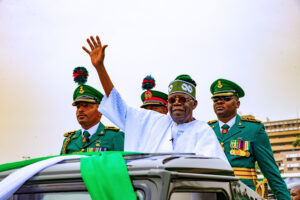
That does not diminish the real persecution of Christians in several regions. It does mean that throwing around the word genocide as if it were a media slogan, rather than a tightly defined crime, is irresponsible.
Following the Bodies, Not the Slogans
Look at where the bodies have fallen since 2009. In Plateau and Benue, predominantly Christian farming communities have suffered repeated massacres, often at the hands of militias linked to nomadic or semi-nomadic herders. Churches have been burned, villages razed and priests murdered.
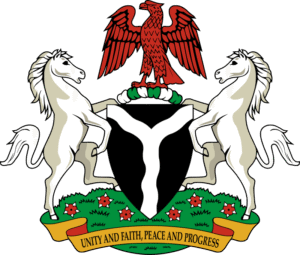
But across Zamfara, Borno, Yobe, Katsina, Kebbi, Jigawa and parts of Kano, many communities attacked by Boko Haram and armed bandits are Muslim. Conflict-event datasets such as ACLED and the Nigeria Security Tracker, used by major outlets like the Associated Press and CFR, show that in much of the north Muslims are often the majority of victims of insurgent and bandit violence. Academic work on the Boko Haram crisis reinforces this picture: despite the rise in attacks on Christians, roughly two-thirds of civilian fatalities in that conflict have been Muslims.
The picture that emerges is grim. In some Middle Belt hotspots, Christians are the primary victims; in large swathes of the far north, Muslims bear the heaviest burden. The common factor is not religion, but the weakness of the state and the impunity enjoyed by armed groups.
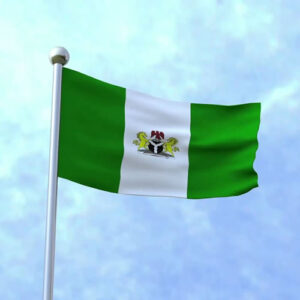
This is exactly the distinction the National Patriots are pressing: Nigeria is facing insecurity against Nigerians, not a single, one-direction campaign of extermination against Christians.
Bias on the Bench
International law does not contain a neat sentence saying “a biased person is forbidden from investigating.” But there are clear global standards for serious inquiries into alleged atrocity crimes.
UN guidance on commissions of inquiry and fact-finding missions stresses that such bodies must be independent, impartial and objective. The UN Human Rights framework on fact-finding further states that investigations should be “comprehensive, objective, impartial and timely,” and makes these principles obligatory for bodies addressing serious violations.
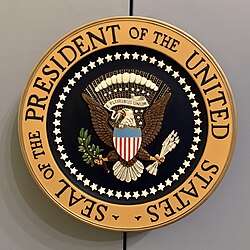
In practice, that means investigators are expected not to prejudge the outcome and to be open to changing their view in light of evidence. A lead figure who has already declared that “genocide against Christians” is occurring, and publicly backed punitive measures on that basis, is starting from a position that clearly appears partial.
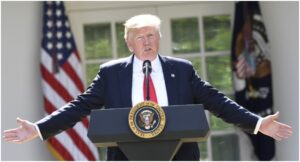
That perception alone undermines confidence in any report he leads in so sensitive a case. From the NPM’s standpoint, if Washington wants findings with moral and legal weight, any review of Nigeria’s situation should be conducted – or at least independently checked – by people who have not already decided the answer in public.
Politics in the Numbers Game
The National Patriots Movement supports the Federal Government’s position that the United States is leaning on inaccurate, politically driven data. They argue that some of the most dramatic figures in circulation come from small advocacy organisations whose stated mission is to campaign against Nigeria’s current leadership, not to provide neutral statistics.
They point out that grim but simplistic claims – for example, that only Christians have been systematically killed since 2009 – ignore the daily slaughter of Muslim villagers by bandits in Zamfara, Sokoto and Katsina, and of Muslim traders, imams and traditional rulers in Borno and Yobe.
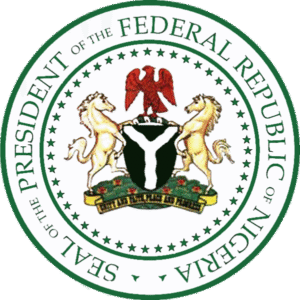
In reality, what Nigeria faces is insecurity against Nigerians. Christians and Muslims, farmers and herders, soldiers and schoolchildren, women on the road to market and men asleep in their homes – all have been cut down in this long crisis. Any analysis that counts only Christian deaths and quietly treats Muslim deaths as collateral is not just bad statistics; it is morally skewed and risks deepening the sectarian divides that extremists thrive on.
From Accusation to Partnership
The way forward does not lie in Washington shouting “genocide” and threatening sanctions. It lies in a sober, objective assessment of the evidence and a willingness to work with Nigeria to end the killings.
That means U.S. policymakers should put advocacy numbers beside official Nigerian data, National Bureau of Statistics releases and independent conflict datasets; listen not only to single-issue lobby groups but also to the African Union, which has been explicit that there is no genocide in northern Nigeria; and recognise that what is collapsing is security for Nigerians as a whole.

The National Patriots Movement’s position is clear: Nigeria is not guilty of genocide against Christians. It is confronting a wave of armed violence that cuts across lines of faith and ethnicity, in which more Muslims than Christians have been killed in many northern theatres since 2009, even while Christian communities have suffered appalling, targeted attacks in parts of Plateau and Benue. The honest description of the crisis is not “genocide against Christians” but insecurity against Nigerians. Period.
If the United States adjusts its position to reflect that reality – focusing on support, capacity building and joint strategy rather than headline-grabbing labels – it is far more likely to save Nigerian lives and stabilise communities than any thunderous but legally empty accusation ever could.
Princess Gloria Adebajo-Fraser MFR.


